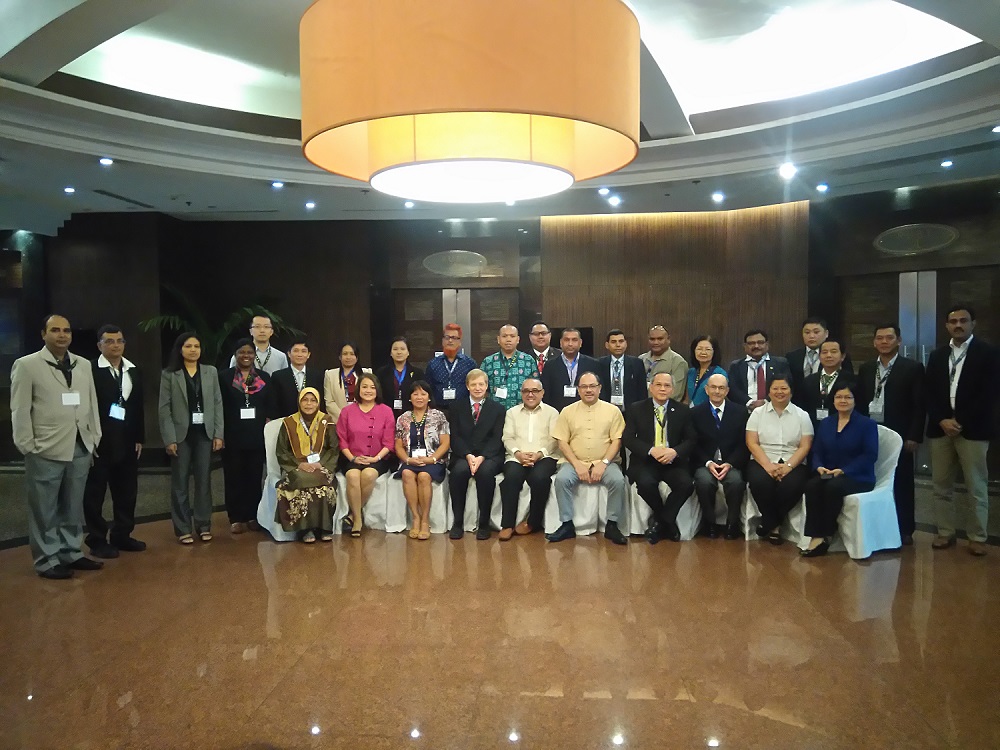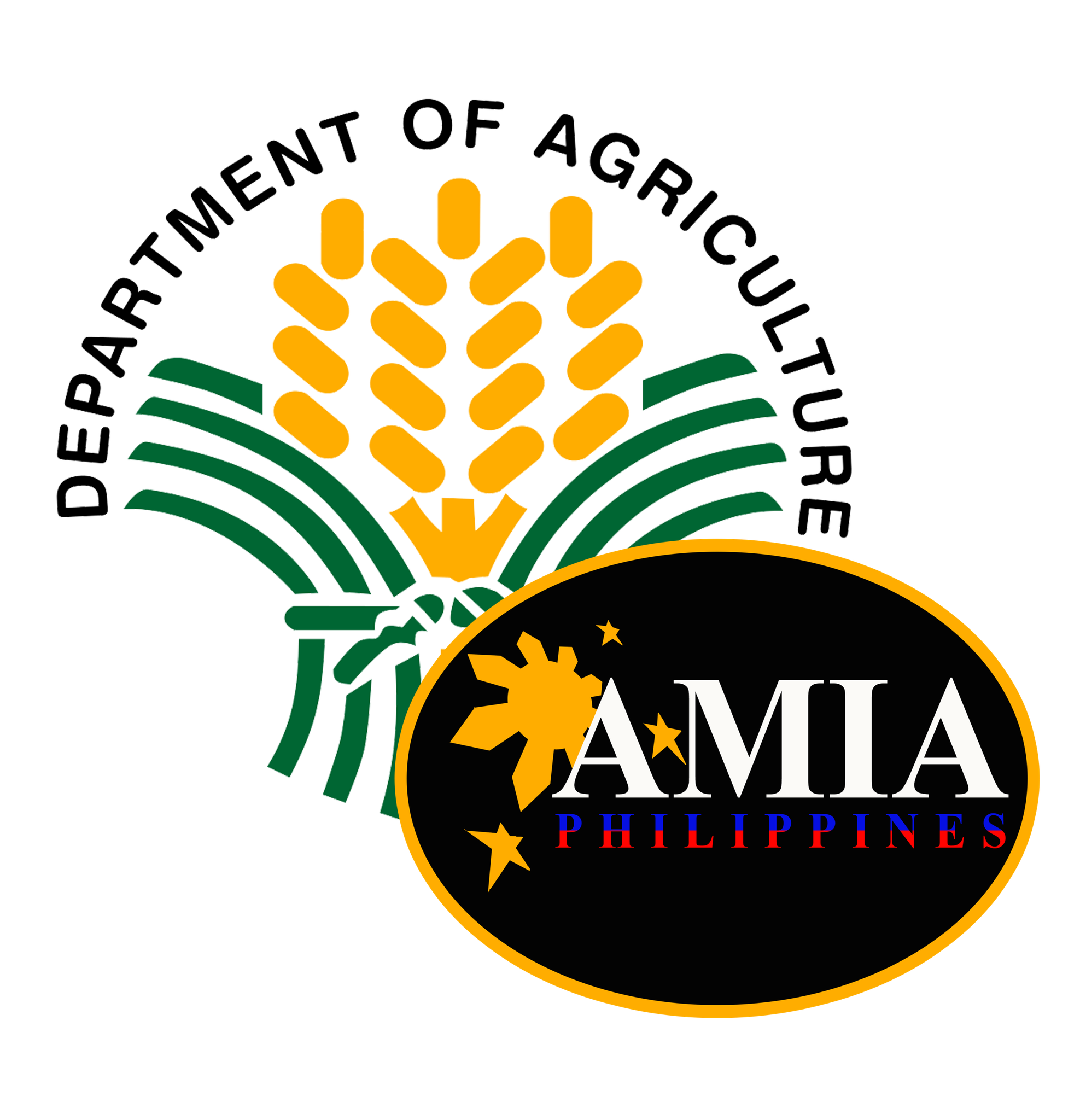
QUEZON CITY, Philippines—The Adaptation and Mitigation Initiative in Agriculture (AMIA) together with the Philippine Nuclear Research Institute (PNRI) prepared and presented a report entitled “Impacts of Climate Change in Food Security and Safety in the Philippines” to the Final Review Meeting on the IAEA project entitled “Strengthening Adaptive Climate Change Strategies for Food Security through the Use of Food Irradiation”. The regional coordination meeting took place from October 2-6, 2017 at the Jade Room, Crowne Plaza Manila Galleria, Ortigas Center.
Both agencies posed the overview of the food security and safety challenges that the Climate Change poses at the National Level and the Overview of the Current Status of Food Irradiation in the Philippines.
The Philippine agricultural sector is one of the most seriously affected sectors by climate change, and adapting to the effects of Climate Change would be a key sustainable development to address food security issues in the country.
DA Assistant Secretary for Planning, Project Development, and Special Projects Lerey A. Panes opened the meeting with optimism that the workshop “will contribute to better understanding of food irradiation, for indeed, the only way to conquer our fears is through the objectivity of science.”
Ms. Zenaida de Guzman from PNRI said that the Philippines is vulnerable to climate change due to its being an archipelago surrounded by seas (South China and West Philippine Seas to the west and the Pacific Ocean and the Philippine Sea to the east), its geographical location prone to natural hazards like typhoons, floods, earthquakes, and drought, and high incidence of poverty.
Climate change variability and extremes present new challenges for agriculture in terms of reduced yields/productivity for such commodities as rice, corn, vegetables, and livestock. Dir. Alicia G. Ilaga echoed the findings of the High Level Panel of Experts on Food Security and Nutrition that rice yields would be reduced up to 10% for every 1°C increase in night temperature, maize yields reduced by 1.7% for each day above 30°C under drought conditions, vegetable yields lowered (varieties sensitive to environmental extremes, high temperatures, and limited soil moisture), and livestock feed intake reduced by 3-5% per additional degree of temperature above the comfort zone (10-30°C). She furthermore stressed that since we are already expecting a decline in yields, it is only fit that we use all the technologies at our disposal to prevent further loss during post-harvest, and this is where food irradiation comes in.
The Regional Cooperative Agreement for Research, Development, and Training Related to Nuclear Science and Technology for Asia and the Pacific (RCA) is an intergovernmental agreement among the IAEA Member States that are located in South Asia, South East Asia and the Pacific, and the Far East. It was first established in 1972 under the auspices of the IAEA to promote, coordinate and implement cooperative research, development and training projects in the peaceful application of nuclear science and technology amongst the parties to the RCA. Currently, there are 21 parties to the RCA, namely: Australia, Bangladesh, Cambodia, China, Fiji, India, Indonesia, Japan, Republic of Korea, Malaysia, Mongolia, Myanmar, Nepal, New Zealand, Pakistan, Palau, Philippines, Singapore, Sri Lanka, Thailand and Viet Nam.
[For more information, please see: https://www.iaea.org/technicalcooperation/Regions/Asia-and-the-Pacific/RCA/index.html]
###
